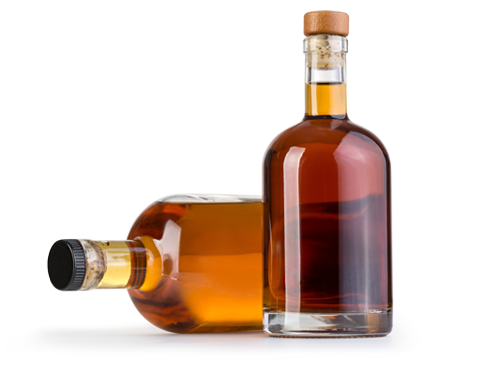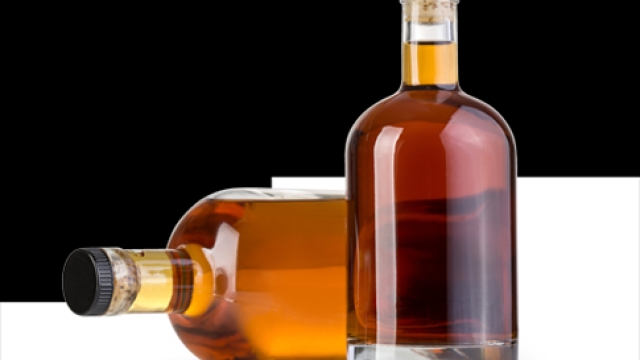Whisky, an age-old elixir that has captivated the hearts and minds of connoisseurs for centuries. This treasured spirit, with its rich history and complex flavors, has become synonymous with celebration, relaxation, and even contemplation. Crafted through a meticulous process, whisky stands proudly as a testament to the mastery of distillers around the world.
From its humble beginnings in distilleries nestled among the hilly landscapes of Scotland, to its ever-expanding global presence, whisky has evolved into a beloved drink celebrated by enthusiasts far and wide. Its allure lies not only in the smooth, earthy tones that dance upon the taste buds but also in the stories it weaves and the memories it creates.
As one indulges in a glass of whisky, they embark on a sensory journey, guided by the rich amber hues and the enticing aromas that escape from the glass. Each sip tells a tale of tradition and craftsmanship, as the velvety liquid lingers on the palate, revealing layers of flavors that unfold like a beautifully composed symphony.
Macallan Edition 1
Whisky, a true testament to the art of distillation, has cemented itself as an enduring symbol of both heritage and innovation. With its timeless appeal, it continues to bring people together, igniting conversations and sparking a sense of camaraderie among enthusiasts. Whether enjoyed neat, on the rocks, or mixed into a delectable cocktail, whisky remains a revered elixir that transcends borders and cultures.
So, join us on a voyage to uncover the mysteries of whisky, as we delve deeper into its origins, production methods, and the countless variations that exist. Allow yourself to be transported to the pungent aroma of oak barrels and the serene landscapes where this golden elixir is born. It’s time to embrace the allure of whisky – a spirit that has stood the test of time and remains as captivating today as it was centuries ago.
History and Origins of Whisky
Whisky, a beloved spirit enjoyed by many around the world, has a rich history and fascinating origins. The origins of whisky can be traced back hundreds of years, with the exact details often shrouded in mystery and folklore.
One commonly accepted theory suggests that the art of whisky-making began in ancient Mesopotamia, around 2000 BCE. The early distillation methods used by the Babylonians and Egyptians laid the foundation for what would eventually become the whisky we know today. These early civilizations were skilled in the art of fermentation and distillation, using rudimentary techniques to create potent spirits.
As time went on, the knowledge of distillation spread across the globe. It is believed that Irish monks played a crucial role in refining the distillation process and introducing it to Scotland. The Irish monks brought their distilling knowledge with them as they traveled, eventually making their way to Scotland. Here, they found a climate and an abundance of barley that would prove to be the perfect ingredients for creating whisky.
The term "whisky" itself is derived from the Gaelic word "uisge beatha," meaning "water of life." This term was used to describe the distilled spirits produced by the Irish and Scottish monks, which were valued not only for their flavor but also for their medicinal properties. Over time, "uisge beatha" was anglicized to "usquebaugh" and eventually shortened to "whisky."
Whisky has come a long way since its humble beginnings. From its mysterious origins in ancient Mesopotamia to its modern-day status as a beloved spirit, whisky has captured the hearts and palates of people all over the world. Its history and origins are as complex and intriguing as the drink itself, making it an enduring symbol of craftsmanship and tradition.
Production Process of Whisky
Malting and Mashing
The production of whisky begins with malting, where barley grains are soaked in water and allowed to germinate. The germination process is then halted by drying the malted barley in a kiln. Once dried, the barley is ground into a coarse flour known as grist. This grist is then mixed with hot water, a process known as mashing, to extract the sugars from the barley.Fermentation
In this stage, the extracted sugars are converted into alcohol through a process called fermentation. The mashed barley, known as the mash, is transferred into large vessels called washbacks. Yeast is added to the washbacks, where it reacts with the sugars in the mash, causing fermentation to occur. During fermentation, the yeast converts the sugars into alcohol, producing a liquid known as the wash.
Distillation
The wash is then transferred to copper stills for distillation. The distillation process consists of two distillations, known as the wash distillation and the spirit distillation. In the wash distillation, the wash is heated to separate the alcohol from impurities, resulting in a liquid called low wines. The low wines are then distilled again in the spirit distillation, where the alcohol is further purified and separated into different fractions based on their boiling points. The middle fraction, known as the new make spirit, is collected and used to produce whisky.
Remember to continue with the next section, following the provided instructions.
Types and Flavors of Whisky
Whisky, a beloved spirit enjoyed by many around the world, comes in a variety of types and offers an enticing range of flavors.
Single Malt: Single malt whisky is considered the pinnacle of whisky craftsmanship. It is made from malted barley and distilled at a single distillery. This type of whisky often exudes rich and complex flavors, with notes of caramel, fruit, and a distinct smokiness.
Blended: Blended whisky is a combination of different types of whisky, typically a mix of single malt and grain whiskies. This allows for greater versatility in creating a balanced and harmonious flavor profile. Blended whiskies can range from light and delicate to robust and full-bodied, catering to a wide range of tastes.
Bourbon: Bourbon is a uniquely American whisky, legally required to be made from a grain mixture that is at least 51% corn. It is aged in new charred oak barrels, which imparts distinct vanilla and caramel flavors. Bourbon whiskies often possess a smooth and slightly sweet taste, making them a popular choice for sipping or mixing in cocktails.
With such diverse types and flavors available, whisky enthusiasts are sure to find a style that suits their preferences. Whether you appreciate the smoky complexity of a single malt, the balance of a blended whisky, or the smooth sweetness of bourbon, whisky offers a world of discovery and enjoyment.
